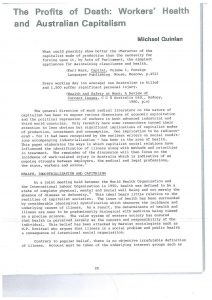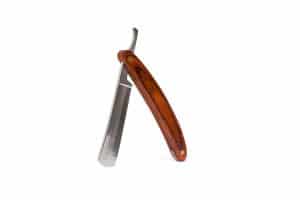 There is much general discussion about the Fourth Industrial Revolution, The Future of Work and other speculative work-related concepts. Klaus Schwab of the World Economic Forum wrote:
There is much general discussion about the Fourth Industrial Revolution, The Future of Work and other speculative work-related concepts. Klaus Schwab of the World Economic Forum wrote:
“We stand on the brink of a technological revolution that will fundamentally alter the way we live, work, and relate to one another. In its scale, scope, and complexity, the transformation will be unlike anything humankind has experienced before. We do not yet know just how it will unfold, but one thing is clear: the response to it must be integrated and comprehensive, involving all stakeholders of the global polity, from the public and private sectors to academia and civil society.”
For the purposes of this blog “work” is the focus and health and safety the discussion points. Occupational health and safety (OHS) professionals have a unique opportunity to participate in the early stages of this societal disruption. But there is also a risk that OHS could miss out. Continue reading “Me! Me! Me! – OHS needs to grow up for the new world structure”


 Following
Following  The Victorian (Labor) Government promised a
The Victorian (Labor) Government promised a 